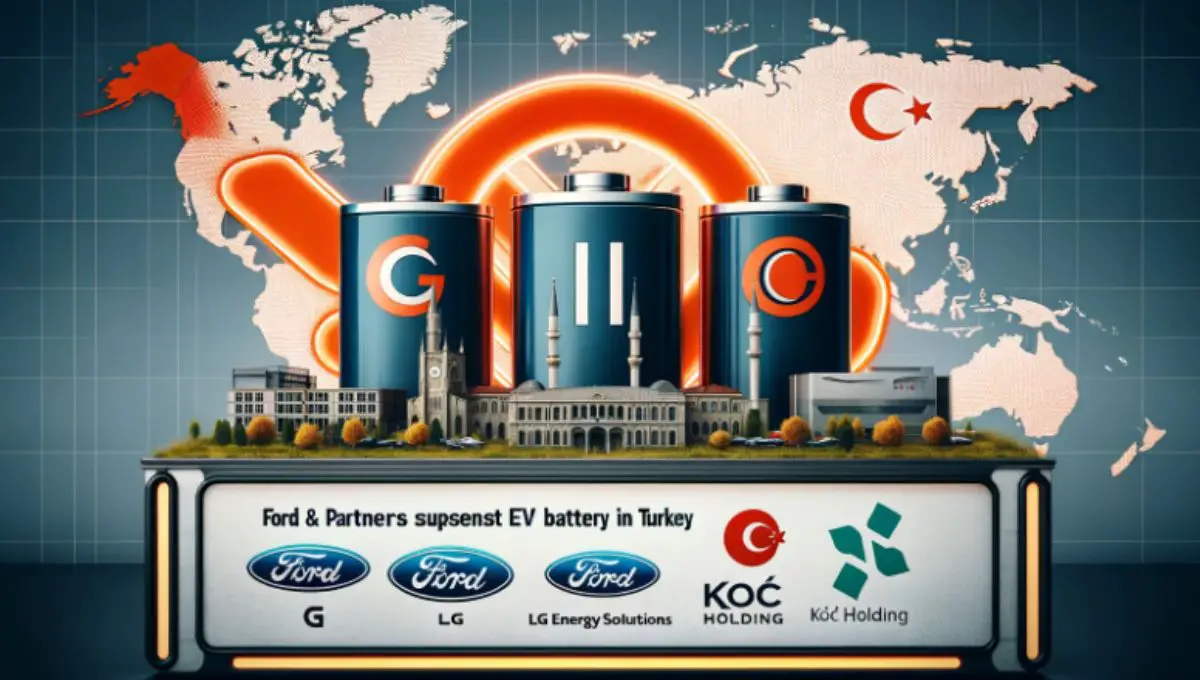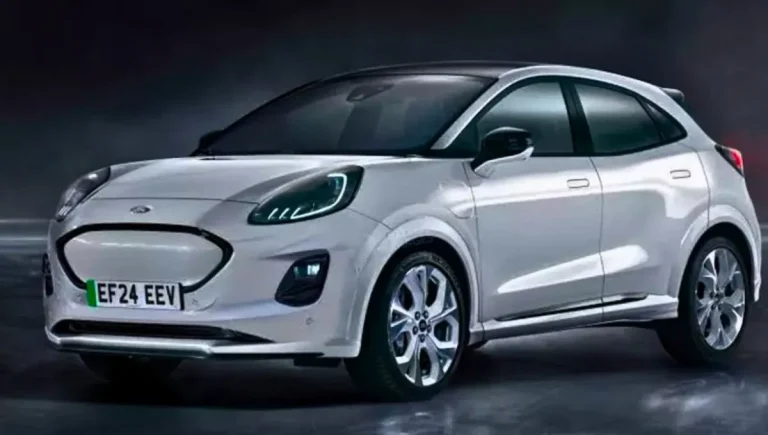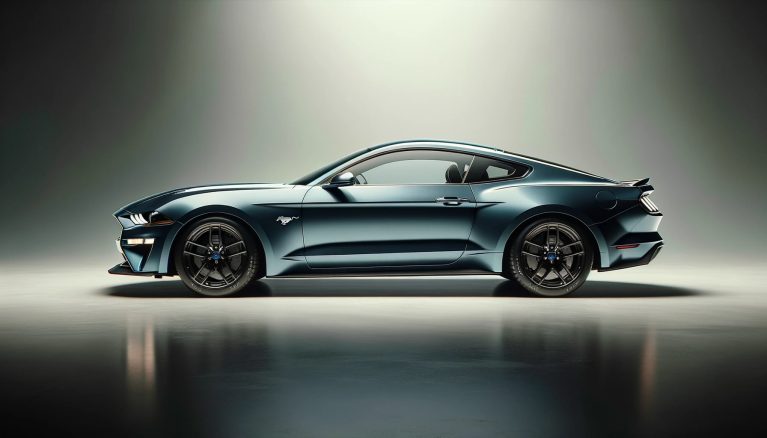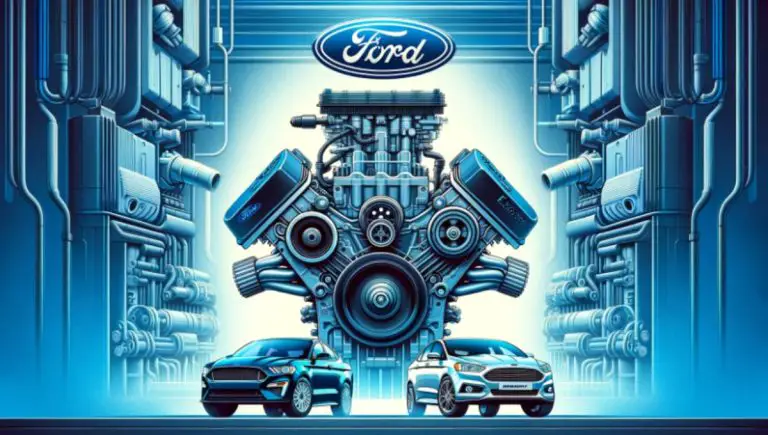Ford & Partners Suspend Major EV Battery Project in Turkey
Last Updated on by Tarek
In a significant shift in strategy, Ford, LG Energy Solutions (LGES), and Koç Holding have announced the suspension of their joint venture to establish a major electric vehicle (EV) battery cell plant in Turkey.
The project heralded as a cornerstone for Europe’s burgeoning EV market, was initially conceived to bolster the region’s EV infrastructure with a production capacity of at least 25 GWh, potentially scaling up to 45 GWh.
Signed in February, the memorandum of understanding (MoU) between the trio was poised to lay the groundwork for one of the largest commercial EV battery cell plants in Europe. The plan aimed to break ground later this year, with production slated to begin in 2026.
Lisa Drake, VP of Ford EV industrialization, had previously stated that the battery plant would significantly contribute to Ford’s electric vehicle future in Europe.
However, the ambitious project hit a roadblock. On Friday, Koç Holding, a prominent conglomerate in Turkey, stated that “the timing is not appropriate for a battery cell investment,” attributing the decision to the slower-than-expected pace of EV adoption.
The company emphasized that while the commitment to support electric vehicle production at Ford Otosan’s Kocaeli plant remains strong, potential investments in battery cells will be reassessed in the future, in alignment with the dynamics of the EV market.
This development is indicative of the broader challenges facing the global automotive industry. Despite a growing consensus on the inevitability of a transition to electric vehicles, the pace of this shift remains uneven across different regions and market segments.
Key industry players like LGES have already signaled caution, anticipating a revenue slowdown in 2024 due to a gloomy economic outlook.
You can check out this article: Ford F-150 Lightning: Pioneering Australia’s EV Market
Furthermore, the current economic climate, marked by rising interest rates and potential impacts on consumer purchasing power, particularly in Europe and China, has led to a cautious approach from automakers.
Even as pure EV manufacturers like Tesla, BYD, and Rivian continue to thrive, traditional automakers are navigating a complex landscape, balancing the need to invest in future technologies with immediate financial realities.
The decision by Ford, LGES, and Koç Holding to defer their battery plant project underscores the delicate balancing act that automakers must perform in this transitional period.
While EV adoption is set to grow year-over-year, the journey appears more nuanced, with strategic pivots and recalibrations becoming increasingly common as the industry adapts to evolving market conditions.








